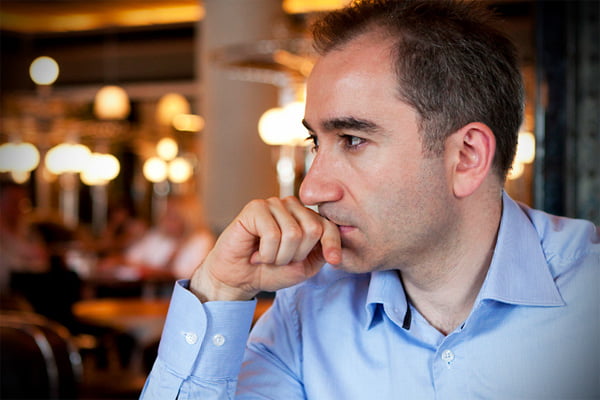The Islamic case for a secular state

Date posted: October 1, 2011
Mustafa AKYOL, Tuesday, September 20, 2011
When Turkey’s Prime Minister Recep Tayyip Erdoğan promoted the secular state last week during his trip to Egypt, Tunisia and Libya, many were surprised. Especially ultra-secularist Turks, who are used to calling Erdoğan and his Justice and Development Party, or AKP, “Islamist,” could not believe their eyes.
I was much less surprised, though. Because I knew that what I call “the AKP’s transition from Islamism to post-Islamism” was real. I even tried to explain its reasoning in a series of pieces titled “The Islamic case for a secular state,” which appeared in this very column some four years ago.
Here is a long excerpt from one of those pieces:
“In June 1998, a very significant meeting took place at a hotel near Abant, which is a beautiful lake in the east of Istanbul. The participants included some of the most respected theologians and Islamic intellectuals in Turkey. For three days, the group of nearly 50 scholars discussed the concept of a secular state and its compatibility with Islam. At the end, they all agreed to sign a common declaration that drew some important conclusions.
“The first of these was the rejection of theocracy. The participants emphasized the importance of individual reasoning in Islam and declared, ‘No one can claim a divine authority in the interpretation of religion.’ This was a clear rejection of the theocratic political doctrines — such as the one established in the neighboring Iran — which granted a divinely ordained right to a specific group of people for guiding society.
“The second important conclusion of the Abant participants was the harmony of the principles of divine sovereignty and popular sovereignty. (Some contemporary Islamists reject democracy by assuming a contradiction between the two.) ‘Of course God is sovereign over the whole universe,’ the participants said. ‘But this is a metaphysical concept that does not contradict with the idea of popular sovereignty, which allows societies to rule their own affairs.’
“The third argument in the declaration was the acceptance of a secular state that would ‘stand at the same distance from all beliefs and philosophies.’ The state, the participants noted, ‘is an institution that does not have any metaphysical or political sacredness,’ and Islam has no problem with such political entities as far as they value rights and freedoms.
“In sum, the ‘Abant Platform,’ as it became known, declared the compatibility of Islam with a secular state based on liberal democracy. This was a milestone not only because the participants included top Islamic thinkers, but also because the organizers were members of Turkey’s strongest Islamic community, the Fethullah Gülen movement.”
In the following years, some of the participants of this Abant Platform became ministers in AKP Cabinets, and the ideas they articulated guided the AKP on matters of religion and politics. (In that sense, both the Gülen Movement, and the Said Nursi tradition that it sprang from, deserve credit for helping create the AKP.)
So, you might ask, what was the big war over secularism that haunted Turkey in the past decade?
Well, it was a war between those wanted a secular state and those who wanted to preserve the secularist one, which was not based on neutrality but on hostility toward religion. In the same series of pieces on Islam and the secular state, I noted:
“Today the big question in Turkey is whether our republic will be a secular or a secularist one. Our homegrown secularists have never gone as far and radical as Mao, but some of them share a similar hostility toward religion. And they have every right to do so as far as they accept to be unprivileged players in civil society. But they don’t have the right to dominate the state and use the money of the religious taxpayers in order to offend and suppress their beliefs.”
Today, Turkey is more secular but less secularist. And that is why it is making more sense to Arabs and other Muslims.
* For all writings of Mustafa Akyol, including his recent book, “Islam without Extremes: A Muslim Case for Liberty,” visit his blog at www.thewhitepath.com. On Twitter, follow him at @AkyolinEnglish.
Source: Hurriyet Daily News / http://www.hurriyetdailynews.com/n.php?n=the-islamic-case-for-a-secular-state-2011-09-20
Tags: Abant platform | Islamic World |
























